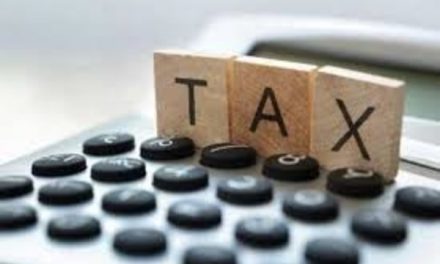SBI increases locker charges: state bank of India plans to hike its safe deposit locker charges from March 31 onwards
For a small locker in a metro or urban city, the rental charge has been increased by Rs 500 to Rs 2,000. For a large locker, the fees have been hiked by Rs 2,000 to Rs 8,000 in metro and urban cities.
A hike in its safe deposit rental charges will be seen from March 31, 2020, confirmed from the SBI Website. According to an announcement on the bank’s website, rental charges have been increased by Rs 500-3,000 depending on the on the size of the locker and the city the account holder has the locker in.
For instance, for a small locker in a metro or urban city, the rental charge has been increased by Rs 500 to Rs 2,000. For a large locker, the fees have been hiked by Rs 2,000 to Rs 8,000 in metro and urban cities. While in semi-urban and rural areas, the charge has been increased by Rs 1,000 to Rs 6,000. (These rates do not include Good and Services Tax, i.e., GST.)
Revised safe deposit locker rental charges
| Population group | Metro and urban | Semi-urban and rural | ||
| Locker size | Existing charges (Rs) | Proposed charges (Rs) | Existing charges (Rs) | Proposed charges Rs) |
| Small | 1,500 | 2,000 | 1,000 | 1,500 |
| Medium | 3,000 | 4,000 | 2,000 | 3,000 |
| Large | 6,000 | 8,000 | 5,000 | 6,000 |
| Extra large | 9,000 | 12,000 | 7,000 | 9,000 |
(Charges excluding GST)
Source: SBI website
Safe deposit lockers are a critical facility provided by the bank to its customers. The lockers come in different sizes and are used for the safekeeping of valuables. Only the holders and joint holders are allowed to open the locker.
A locker can be hired by an individual or an organization such as a firm or a trust. The applicant has to open an account in the bank before hiring a safe deposit. KYC documents and photographs are necessary for hiring a bank locker.
Non-operation of locker
If the hirer does not operate the locker (even though he pays rent) for a continuous period of one year (in case of a high-risk profile) or three years (in case of a medium risk profile), the bank may ask the hirer to immediately operate the locker or surrender it.











